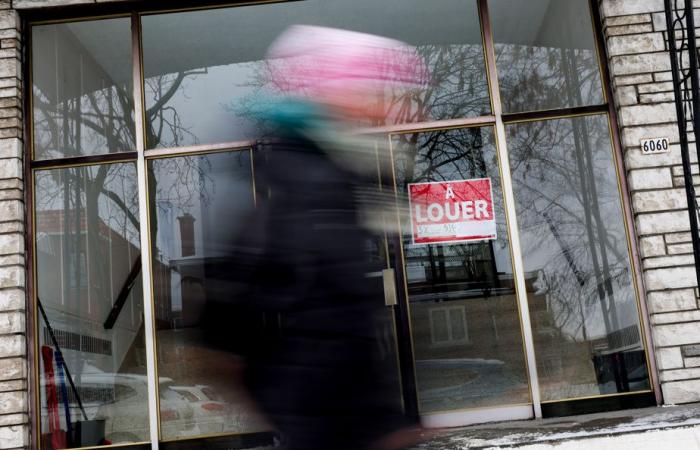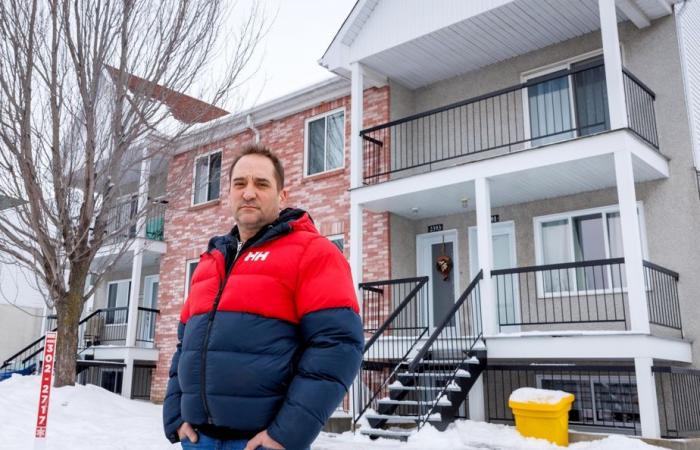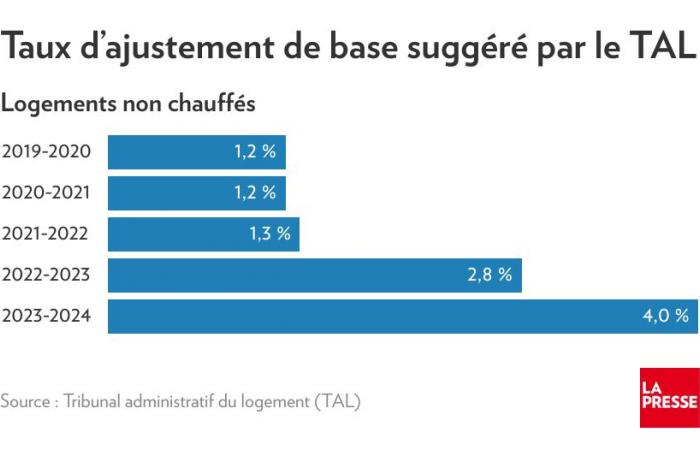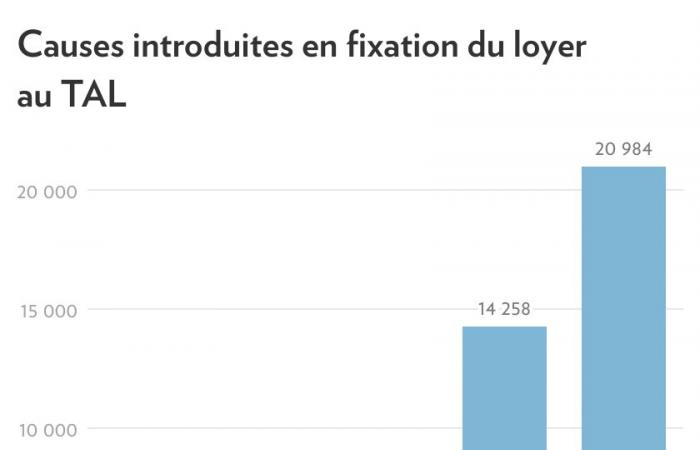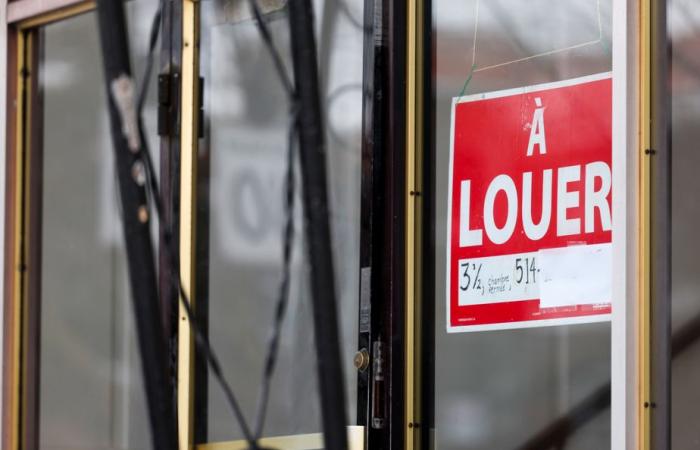Rents are likely to break records again in 2025. The increase suggested by the Administrative Housing Tribunal (TAL), which will be known next Tuesday, will be the highest in recent decades. The season for rent increases promises to be tough.
Published at 5:00 a.m.
What you need to know
- This year, the suggested rent increase will likely reach a 30-year high of nearly 6%. The TAL will unveil its suggestion on January 21;
- The rate suggested by the Court last year, an increase of 4%, was already high on a historical basis;
- Consequence: the number of fixing requests explodes and the TAL is bogged down. Tenants and owners can now wait more than 10 months before being heard by a manager.
“It’s certain that the tenants will react, I fear that,” admits Michel Maccabée, owner of buildings in the northern suburbs of Montreal and in the Laurentians. “What the TAL does not explain is that it does not even imply the increase in taxes, it does not imply the increase in insurance,” he adds.
PHOTO ALAIN ROBERGE, THE PRESS
Michel Maccabée, owner of a plex in Terrebonne
The increase suggested by the court to Quebec owners was 4% in 2024. This year, it should be around 5.8%, according to estimates from the Corporation of Real Estate Owners of Quebec (CORPIQ), which it revealed in a presentation to its members in December, including The Press got a copy.
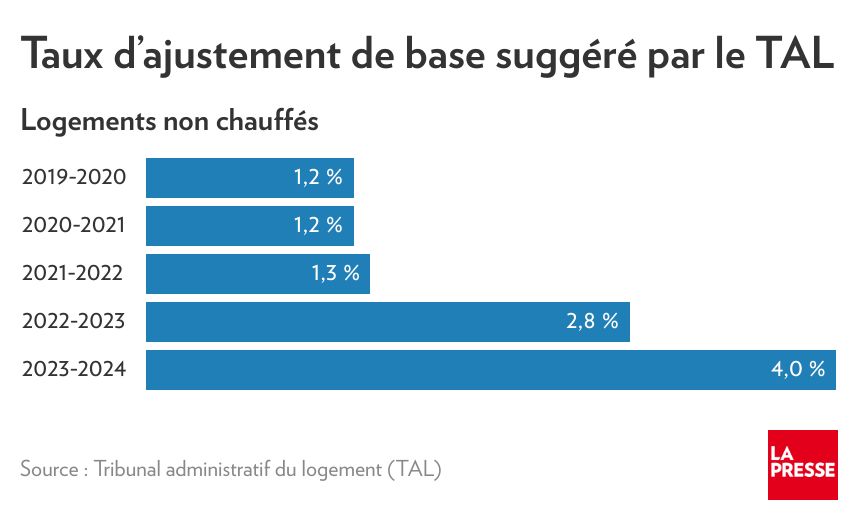
“We suspect very well that this year, we will see an even greater increase,” observes Éric Sansoucy, spokesperson for CORPIQ, who did not want to repeat the figure of 5.8% in an interview.
We believe we are right in thinking that this is going to be the largest increase in the last 30 years.
Éric Sansoucy, spokesperson for the Corporation of Real Estate Owners of Quebec
An observation also made by Martin Messier, president of the Quebec Owners Association (APQ).
For a home worth $1,000, unheated and requiring no major work or maintenance costs, the rent would increase to $1,058 upon renewal in 2025.
This percentage of 5.8% constitutes a basic increase determined by the Regulation on rent setting criteria. This also allows the rent to be increased according to the variation in property and school taxes in proportion to the size of the accommodation. Ditto for the cost of the owner’s homeowner’s insurance policy. Naturally, nothing prevents a landlord from requesting a rent increase lower than the suggested rate.
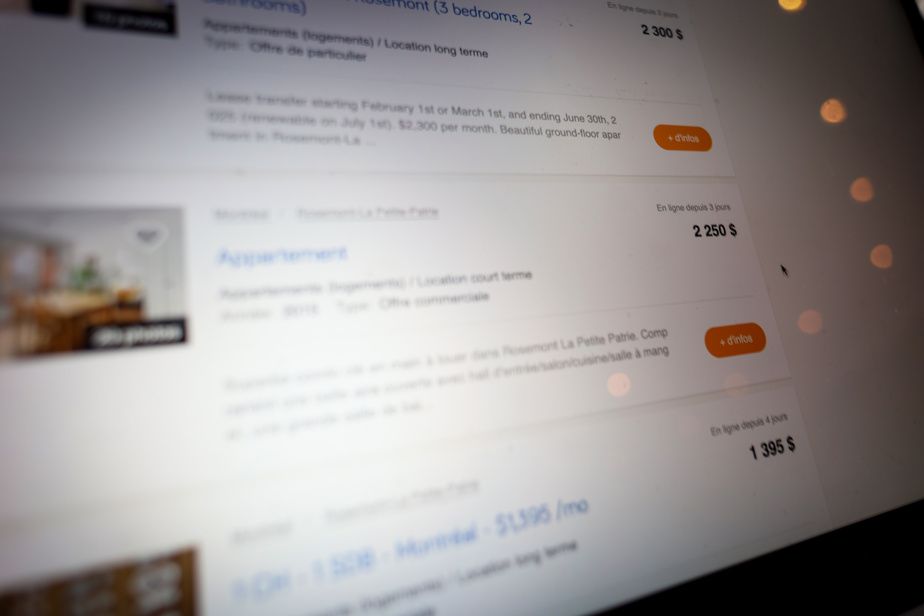
PHOTO FRANÇOIS ROY, THE PRESS
For FRAPRU, we deliberately omit a large part of the issue when we treat the housing crisis only from the point of view of scarcity.
Tenants on edge
“It’s extremely worrying,” says Véronique Laflamme, spokesperson for the Popular Action Front for Urban Redevelopment (FRAPRU). “We see people turning to more or less chosen shared accommodation, it is their security or their mental health, in several cases, which is threatened,” she continues.

PHOTO DOMINICK GRAVEL, ARCHIVES LA PRESSE
Véronique Laflamme, spokesperson for the Popular Action Front for Urban Redevelopment (FRAPRU)
-Annie Lapalme, from the Hochelaga-Maisonneuve Entraide Logement committee, also believes that such an increase would be catastrophic and well beyond the ability of certain tenants to pay.
FRAPRU already sees this as an indication of the challenge for the year to come: affordability. For the organization, we deliberately omit a large part of the issue when we treat the housing crisis only from the point of view of scarcity.
Protests have tripled
A tenant has the right to refuse the increase if he considers that the increase in his rent is excessive.
In this case, his file is added to the numerous requests for rent setting that the TAL receives.
The most recent report from the TAL, whose exercise ended in March 2024, counted 20,984 cases brought for rent fixation: a record. Two years ago, this total was almost three times smaller.
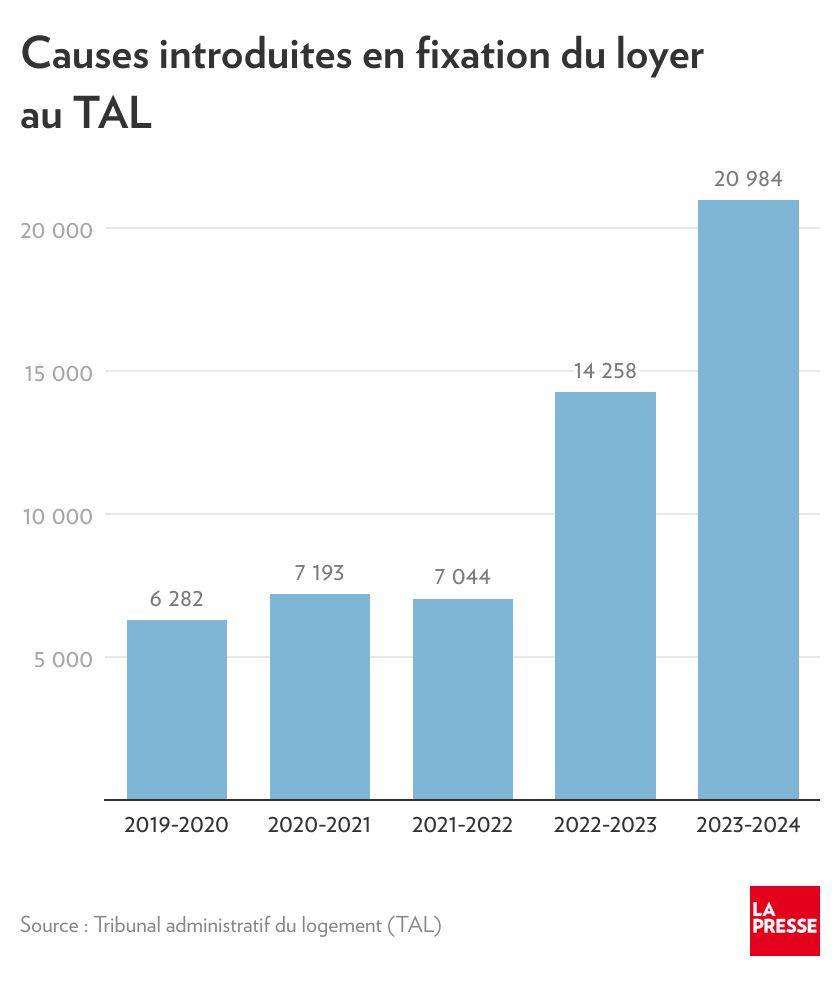
“The Administrative Housing Tribunal lacks resources, that’s clear,” raises Gabriel Dostaler, administrator of the Entraide Logement Hochelaga-Maisonneuve committee, who testifies to having received a growing number of calls after March 2024 concerning requests for fixing of rent. A phenomenon which can be explained, in his opinion, by the unprecedented height reached by the increase suggested last year.
But according to CORPIQ and the APQ, this increase in the number of requests for rent fixing is also due to a misunderstanding of the figure revealed by the TAL: “People will remember just that number,” observes Martin Messier, president of the APQ. This indicator does not include, for example, housing in need of renovation work, where a higher increase could be justified.
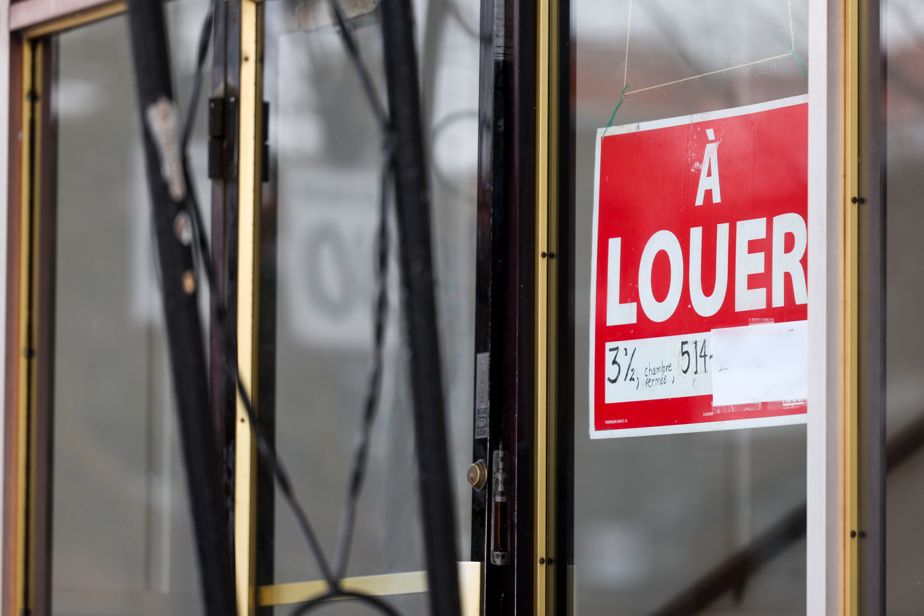
PHOTO FRANÇOIS ROY, THE PRESS
The increase suggested by the Administrative Housing Tribunal to Quebec owners was 4% in 2024. This year, it should be around 5.8%.
The owner Michel Maccabée says he feels caught between the tree and the bark, because work is sometimes necessary in the accommodation he rents, for the well-being of his tenants. But this implies that the bill is higher, and that the tenants refuse it, in which case the parties must be patient because the TAL is bogged down.
The average time to obtain a first hearing at the TAL, which was 6.9 months in March 2024, according to its report, now stretches up to 10, 11 or 12 months, reported the different organizations interviewed by The Press.
We therefore arrive at a situation where the notice of rent increase for 2025 will be sent to the tenant without the latter knowing what the TAL will have decided on the increase from the previous year which he had refused.
Why is the increase so high?
The figure revealed by the TAL each year in January is a suggestion, based on a calculation that takes into consideration the operating costs of the building – that is, the net income of the building and the maintenance, service and management costs. . The increase permitted by the regulation could be lower or higher than the suggested rate, if the rent includes heating costs or if the accommodation has undergone major work.
But why will the suggested rate be so high in 2025, even higher than inflation? The simple answer is that the calculation method is influenced by inflation from previous years. “The increases that will be sent next week, say for the 1is July 2025, this is in consideration of economic data from 2024 and 2023,” explains Éric Sansoucy, spokesperson for the Corporation of Real Estate Owners of Quebec.
Both housing committees and homeowners’ associations criticize the calculation formula.
It’s like a “spiral”, illustrates FRAPRU, which wants a review of calculation methods. “The cost of housing is a significant contributor to inflation in general. And finally, because there is inflation, the average estimate increases significantly,” laments the organization’s spokesperson, Véronique. Laflamme.

